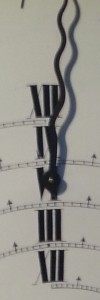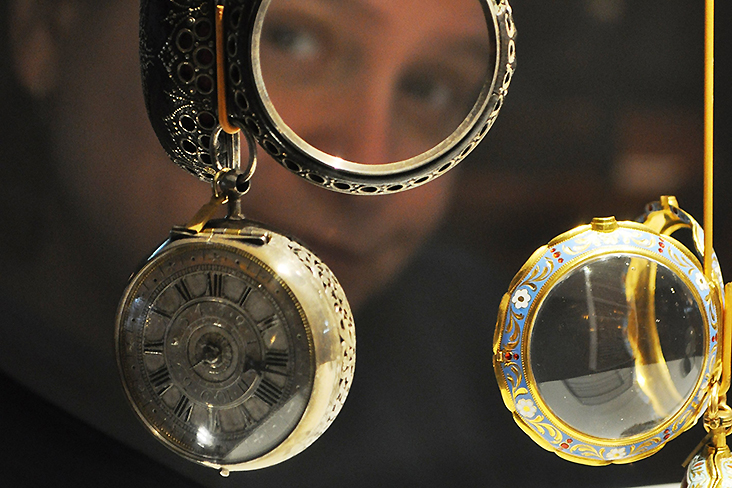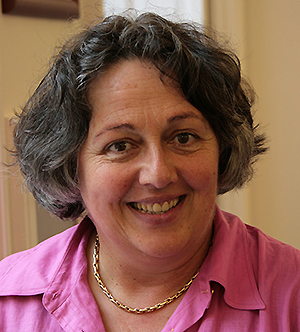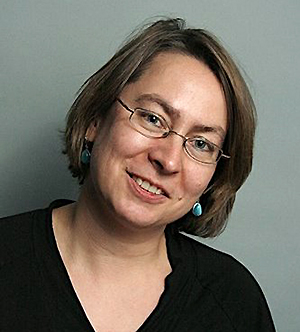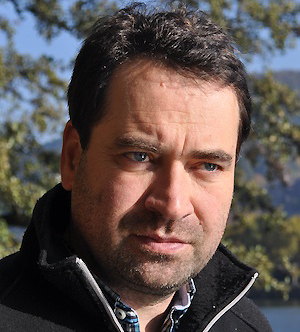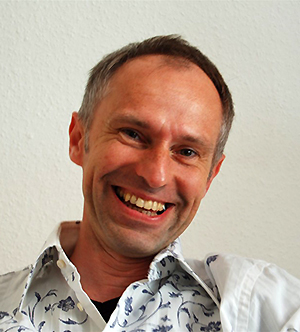In Spite of Our Times: Critical Theory as the Untimely
Rosi Braidotti
This lecture addresses the paradox of critical theory in a global era, namely how to resist the injustices and violence of the present, while engaging productively with the conditions of the present, so as to transform them. The paper explores the multiple temporal facets of critical theory by building an argument for the transformative politics of affirmation. The context in which this case is made is the so-called ‘post-human’ turn in contemporary theory. The paper explores this context in the light of three main considerations: firstly, the shifting perception and understanding of ‘the human’ in the life sciences. Secondly, the effects of globalization as a system that functions by instilling processes of ‘timeless time’ and perverse, multiple time-lines into our social life. Thirdly, the impact of wars and conflicts in contemporary governmentality and the new forms of discrimination they engender on a planetary scale. Last but not least, the lecture examines the implications of this complex web of intersecting temporalities for progressive, affirmative politics in general and feminist issues in particular.
From Contemporary to Non-Contemporary: Transforming Narratives about Indian Statehood in Early Modern Discourse
Antje Flüchter
The modern discourse about India is highly influenced by Georg Wilhelm Friedrich Hegel. For Hegel human history began in the East. However, the East had not evolved since and thus it remained rather pre-historic or at best the childhood of humankind. This Hegelian concept became a central aspect of the master narrative of the Rise of the West, which developed parallel with the rise of British colonialism in India. Emanating from the idea of their own dominance, Europeans shifted their understanding of the world order from a hierarchy of civilisations to a temporal or chronological sequence (Achim Landwehr). Consequently, the West was mobile, developed and modern, whereas India was static, undeveloped and medieval. Coming from such a conceptualising of history, Indian phenomena can never be contemporary to European ones, but are always the non-contemporary variation to the contemporary (Western) norm. At this point, Dipesh Chakrabarty and other postcolonial scholars applied their criticism that the West put India in the waiting room of history. Opposing such interpretations, a growing number of contemporary scholars have claimed that Indian rulers were more modern than their European contemporaries (e.g. concerning the institution of a standing army or religious tolerance). On the one hand these interpretations have posed important questions on Western master narratives. On the other hand, however, the authors tend to construct another master narrative, namely one about Eastern dominance. Furthermore, it could be criticised, that they used an anachronism, because they transferred concepts from our period (like tolerance) to the past. Anachronism in historical studies has been perceived as a capital crime (Lucien Febvre). However, is it the same, if one labels the Mughal ruler Akbar tolerant as if you call Rabelais an atheist? Considerations like this lead us into recent discussions about periodization or the constructing of time and teleologies. More
Post- and Proto-: Constructions of the Future
Stefan Herbrechter
“Post-age”, or the age of the “post-” is probably best understood as the increasing cultural awareness of untimeliness. As such, the feeling of being “post-this” or post-that” is of course nothing new. It is part of the normal process of making sense of time, of narrativisation, historicisation, of “transforming time” and “timing transformations” – or, of constructing (a) future(s). The post is supposed to provide an “articulation” between a reconstructed past and an anticipated future. However, there is a much more complex and ambivalent logic at work in any “posting” process: the desire of situating oneself “after” (superseding something or someone) and at the same time “before” (in the sense of “being at the forefront of”, “following on from”) ends up subverting the neat chronological order which it presupposes. Philosophical postmodernism is probably the movement which has “played” out most rigorously notions like
belatedness, deja-vu, avant-garde, re-present-ation, (r)event, haunting, aporia, apocalypse, heterology, sequelisation, utopia, prolepsis and so on. This talk will attempt to provide an overview of recent critical investigations of causality, chronology, teleology and metaphysics. It will perform a critical (re)reading of the “post-” and some of its implications for “our” present and “future”; and it will do so in particular in the light of the latest, maybe last “post-” – the “posthuman” and “posthumanism”. More specifically, it will ask, “how did ‘we’ become post-?” and “what is the future of the post-?” by analysing the dialectic between “proto-” and “post-”, or between the future as to-come and as “always already” past.
Multiple Western modernities. Lost and hidden concepts of time and history in early modern Europe.
Michael Kempe
Today it seems to be not wise any longer – at least, many people think so – to ground our theories and political practices in notions of progress and linear historicity formed in Western modernity to meet the challenges of the 21st century. But before searching for alternative conceptions of time and temporalities to move forward without jumping onto the fast train of modernization we should check the correctness of our understanding of Western modernity to find out if there might be some alternatives within this concept of modernity itself. In other words: it seems to be worth to examine if some of the shortcomings of modernity might base, at the end, on the shortcoming of our idea and interpretation of modernity. Thus, it might useful to question our understanding of Western modernity. Therefore, I would like to highlight some of the so far neglected, lost or hidden reflections of time, temporality, history and change within the train of thoughts in early modern European thinking to widen our narrowed understanding of the Western tradition of modernity. To avoid any misunderstandings: this lecture does not imply an apology of Western modernity. But instead, it offers an historical differentiated picture of early modern discourse about time, temporality and transformations. This could be a first step to disclose possibly undiscovered potentials and possibilities with the tradition of early modern thinking to escape modernist framings – in the sense of a reduced interpretation of such a frame. In this way I like to start to show that it would be a shortcoming to reduce early modern thinking about time and temporality to a mere model of linear progress. Instead it can be observed, for instance, even in a concept of sacral history an entanglement of different timelines, composed of a combination of linearity (time’s arrow) and cyclicity (time’s cycle). More



